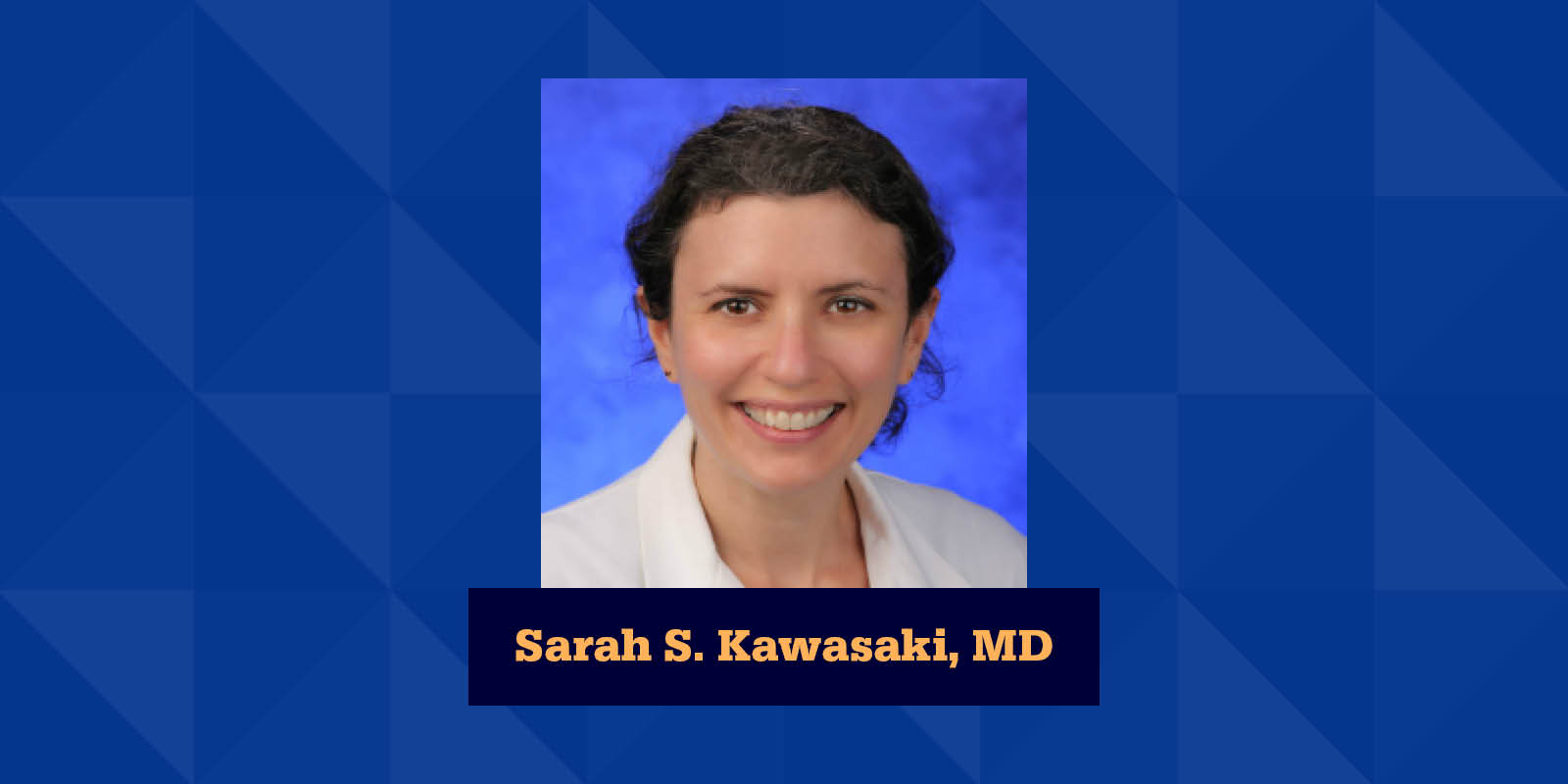 By Sarah S. Kawasaki, M.D.
By Sarah S. Kawasaki, M.D.
Pennsylvania Psychiatric Institute
PPI is helping to revolutionize management and treatment for patients who have opioid use disorders through its new Advancement in Recovery (AIR) Program / Opioid Treatment Program. The program recognizes medication-assisted treatment as the gold standard of care and provides a way to fast-track people who have an opioid use disorder into treatment. In addition, PPI is one of four Pennsylvania providers that has received a $1 million PA State grant to establish an innovative “hub-and-spoke” model of care to improve access to treatment for patients who have opioid use disorders and for providers who provide services to these patients.
Together these steps are helping PPI lead Pennsylvania’s charge to stem the opioid epidemic and to prevent deaths from overdose. In Pennsylvania this public health crisis affects people of all ages and incomes in cities as well as rural communities. In 2016, there were 4,642 deaths, approximately 13 people per day, due to drug-related overdose in the Commonwealth: A 37 percent increase from the previous year.
PPI’s AIR program opened in November 2017, and more than 270 patients are receiving treatment at the clinic. Many other patients have been directed to the most appropriate resources for their care. Dr. Sarah Kawasaki, an internist and addiction medicine specialist at Penn State Health Milton S. Hershey Medical Center and PPI, leads the team of medical doctors and clinicians assisting patients dealing with opioid use disorders.
Through the clinic, caregivers support patients as they transition to buprenorphine, methadone, and Vivitrol (naltrexone for extended-release injectable suspension) using a step-wise treatment approach similar to what is used for chronic illnesses like diabetes and cancer. The patients and their caregivers work together to develop treatment and intervention plans based on the severity of the patient’s opioid use disorder.
Through the PA State grant, a progressive model of care is being developed to make it simpler and faster for anyone from any health care setting or socioeconomic background to access high-quality treatment, stay in treatment, and stay alive.
In the model, PPI is a resource for primary care practices and community clinics from its seven county service area. Dr. Kawasaki provides guidance and support to primary care physicians so they can render direct patient care including prescriptions for medication-assisted treatment. Through this comprehensive approach patients are also connected to drug and alcohol counseling in their communities and have access to resources for case management and legal services through PPI.
By connecting primary care practices and clinics with PPI services we are providing more patients with lifesaving treatments and ongoing support to restore their dignity and help them become productive members of society.
As Pennsylvania declares the heroin and opioid epidemic a “statewide disaster emergency,” PPI is proud to be leading a change in the way opioid use disorders are treated in the region and to be a conduit that makes treatment accessible when and where it is needed. You can find more about PPI’s AIR Program click here.

